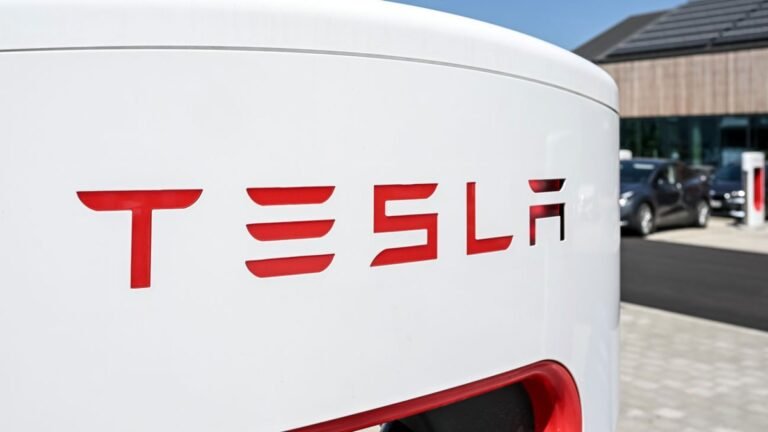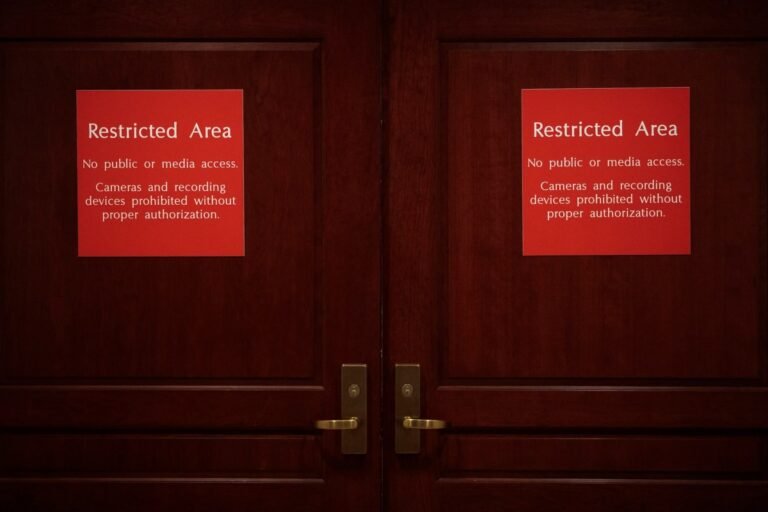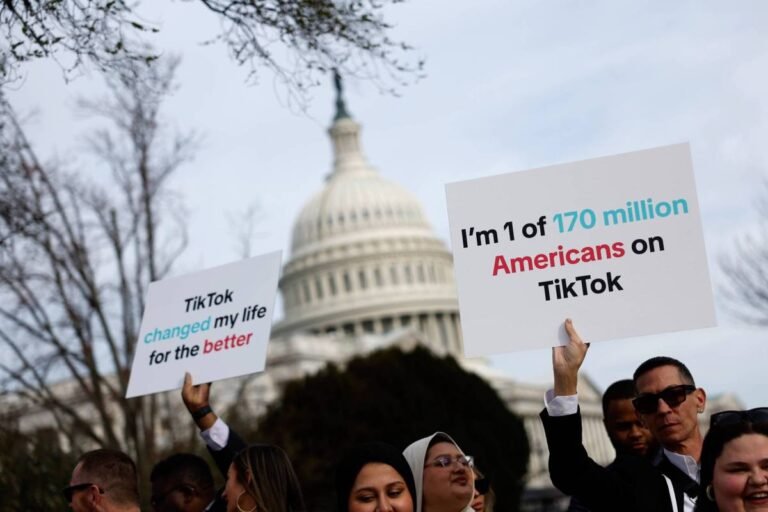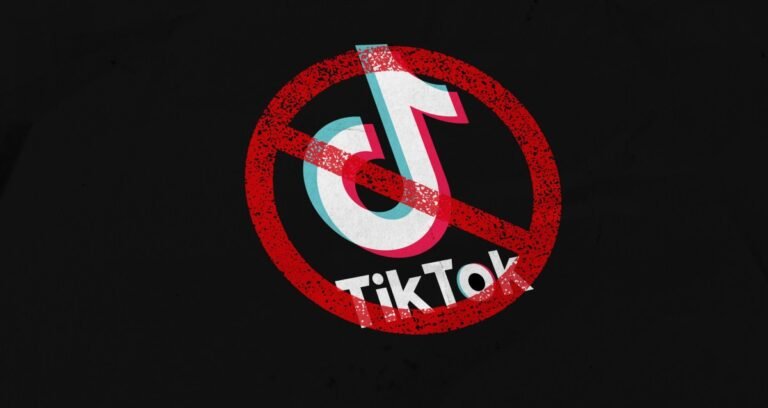
There has been a silly amount of drama in the run-up to Tesla‘s annual shareholder meeting on Thursday.
It will also hold a vote whether the company will change the location where it is incorporated from Delaware to Texas.
Some of Tesla’s biggest boosters are calling on the company’s “retail army” of shareholders to vote in favor of both, but with special focus on Musk’s compensation.
“A deal is a deal,” Tesla posted to its CEO’s social media platform X.
At the very least, it’s a primer for the legal battles that are sure to continue after Thursday’s vote.

Lawmakers passed legislation early Saturday reauthorizing and expanding a controversial U.S. surveillance law shortly after the powers expired at midnight, rejecting opposition by privacy advocates and lawmakers.
Critics, including lawmakers who voted against the reauthorization, say FISA also sweeps up the communications of Americans while spying on its foreign targets.
Following the passage in the early hours of today, Senator Mark Warner, who chairs the Senate Intelligence Committee, said that FISA was “indispensable” to the U.S. intelligence community.
FISA requires the government to seek an annual certification from the secretive FISA Court, which oversees and approves the government’s surveillance programs.
The FISA Court last certified the government’s surveillance program under Section 702 in early April, allowing the government to use its lapsed authority until at least April 2025.

FCC Chairwoman Jessica Rosenworcel on Wednesday announced plans to vote on rules restoring net neutrality.
The vote, set for April 25, would reinstate 2015 internet rules adopted under President Obama that were subsequently repealed by President Trump’s FCC two years later.
The official added that ongoing national security threats have further highlighted the need for strong oversight.
Net neutrality has the rare chance to receive widespread bipartisan support.
Should Trump be reelected in November, how can current officials ensure we don’t live through this all over again?

The House voted on Wednesday in favor of a bill to require TikTok to sever its connection with parent company ByteDance or face a ban, moving the legislation forward with surprising speed.
President Joe Biden has already said that he would support the legislation, but TikTok faces an uncertain fate as the bill heads to the Senate.
“Without TikTok, you can make Facebook bigger, and I consider Facebook to be an enemy of the people,” Trump said.
The bill’s quick progress out of committee last week to a full House vote appears to have caught TikTok by surprise.
TikTok CEO Shou Chew also headed to Capitol Hill to drum up opposition to the bill before Wednesday’s vote.

TikTok ban: What’s going on with the proposed bill in Congress Congress could force TikTok to part with its Chinese parent companyTikTok faces an uncertain fate in the U.S. once again.
The bill, which many of its detractors reasonably describe as a “ban,” would force ByteDance to sell TikTok within six months for the app to continue operating here.
The campaign to force ByteDance to sell TikTok to a U.S. company originated with an executive order during the Trump administration.
Trump’s threats against the company culminated in a plan to force TikTok to sell its U.S. operations to Oracle in late 2020.
We may learn more next week if senators begin weighing in on the prospect of creating their own version of the House bill.

What’s going on with the new bill that could ban TikTok?
Congress wants to force TikTok to part with its Chinese parent companyTikTok faces an uncertain fate in the U.S. once again.
The bill, which many of its detractors reasonably describe as a “ban,” would force ByteDance to sell TikTok within six months in order for the app to continue operating here.
The campaign to force ByteDance to sell TikTok to a U.S. company originated with an executive order during the Trump administration.
We may learn more next week if senators begin weighing in on the prospect of creating their own version of the house bill.

A number of major AI services performed poorly in a test of their ability to address questions and concerns about voting and elections.
Their concern was that AI models will, as their proprietors have urged and sometimes forced, replace ordinary searches and references for common questions.
They submitted these questions via API to five well-known models: Claude, Gemini, GPT-4, Llama 2 and Mixtral.
The AI model responses ranged from 1,110 characters (Claude) to 2,015 characters, (Mixtral), and all of the AI models provided lengthy responses detailing between four and six steps to register to vote.
GPT-4 came out best, with only approximately one in five of its answers having a problem, pulling ahead by punting on “where do I vote” questions.

The participating shareholders — whose combined ownership in Byju’s exceeded 60% — also passed the resolution to reconstitute the board of Byju’s.
“At today’s Extraordinary General Meeting shareholders unanimously passed all resolutions put forward for vote.
Late last month, Byju’s launched a rights issue where it sought to raise about $200 million at a massively discounted rate.
Raveendran told shareholders earlier this week that the rights issue had been fully subscribed and requested all existing investors to participate and maintain their ownership.
“[…] I understand that participating in this rights issue may seem like a Hobson’s choice.

With this victory, the YouTube Music contractors have solidified their position as some of the most sought-after employees in the music industry. The unionization will give the workers a voice…

If Parisians vote to prohibit free-floating electric scooters in the city, it would be a significant blow to the micromobility sector in France. Dott, Lime and Tier have been operating…













